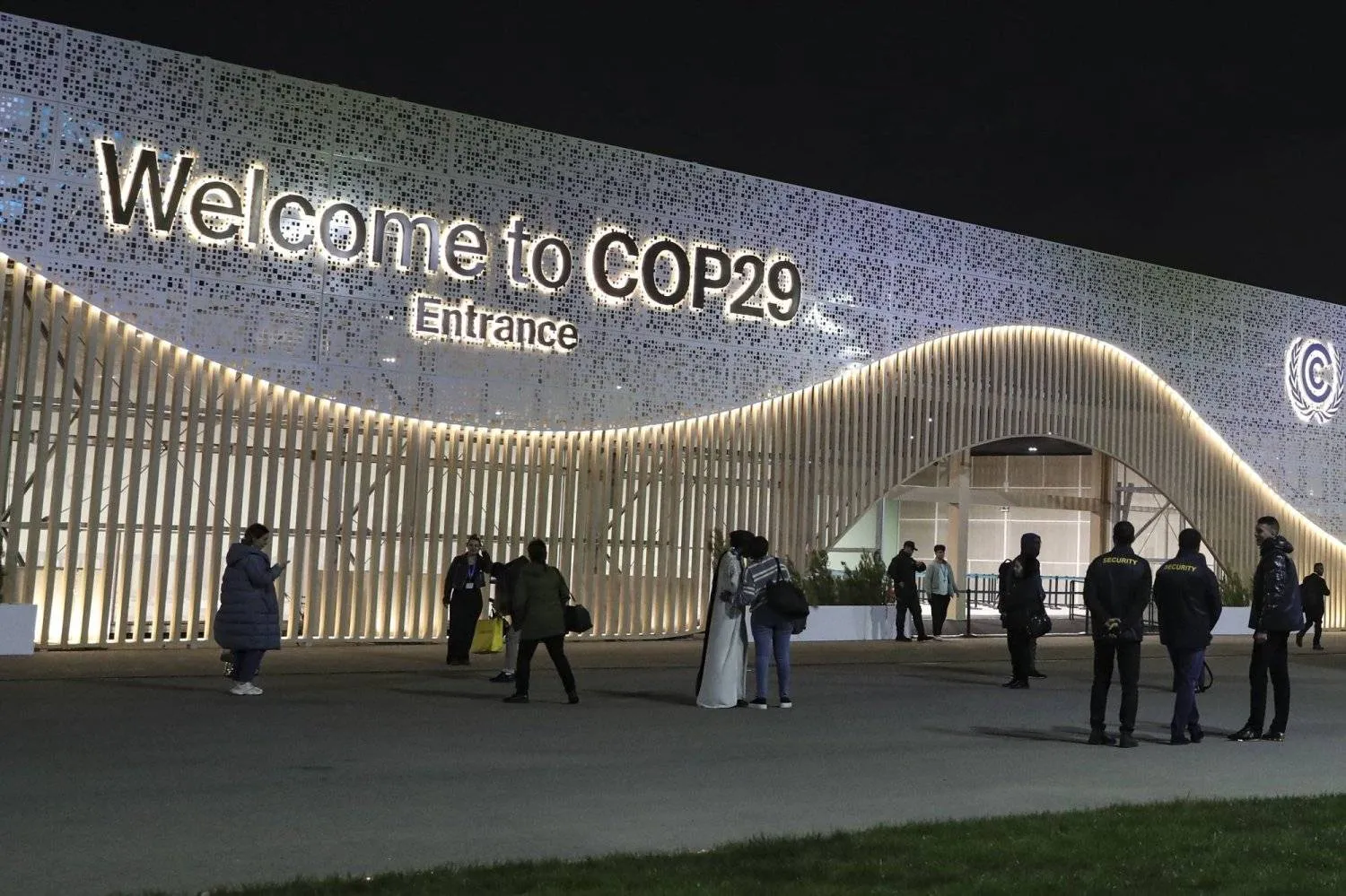Distractions were bigger than deals in the first week of the United Nations climate talks, leaving a lot to be done, especially on the main issue of money.
In week one, not a lot of progress was made on the issue of how much money rich countries should pay to developed ones to move away from dirty fuels and how to cope with rising seas and temperatures and pay for damage already caused by climate-driven extreme weather.
But more is expected when government ministers fly in for week two to handle the hard political deal-making at the negotiations — known as COP29 — in Baku, Azerbaijan.
Countries remain about a trillion dollars a year apart in the big number to be settled.
“All the developing countries look very united behind $1.3 trillion. That’s not a ceiling. That’s what they want. That’s what they think they need,” said Debbie Hillier, policy lead at Mercy Corps.
“The US and Canada are constantly talking about a floor of $100 billion.... So you've got $100 billion at one end and $1.3 trillion on the other end,” she said.
While poor countries have come up with a number for the total final package, the rich donor nations have assiduously avoided giving a total, choosing to pick a figure late in the bargaining game, Hillier said.
United Nations Climate Secretary Simon Stiell said, “negotiations on key issues need to be moving much faster.”
“What’s at stake here in Baku,” Stiell said, is “nothing less than the capacity to halve emissions this decade and protect lives and livelihoods from spiraling climate impacts.”
At the moment, the sides are far away, which is sort of normal for this stage.
“The technical details that are worked out by negotiators now have to give way to the bigger, harder number decisions made by climate and finance ministers to make more political decisions,” said Ani Dasgupta, president of World Resources Institute.
For her part, United Nations Environment Program Executive Director Inger Andersen said, “Member states have not moved and parties have not moved as expeditiously as they need to do.”
She added, “This is causing frustration. I understand that. So the answer is to push and push more and ensure that we land where we need to land.”
Andersen said it’s not smart to judge where countries will end up after just one week. Things change. It’s the nature of how negotiations are designed, experts said.
That’s how it usually goes.
Avinash Persaud, a special climate adviser at the Inter-American Development Bank said, “COP works on brinkmanship.”
He added that “COP works on the fear of us not reaching agreement in the end, which makes the process appear chaotic from the outside.”
Ministers will be consulting with their bosses half a world away and seven hours behind at the Group of 20 countries — the G20 — in Brazil from Monday.
Currently, eyes are on the COP president. Usually, the second week is when the COP president takes over and pushes sides together for a deal. Different negotiations' presidents have different styles. Last year's president used sharp elbows to get things done, upsetting some people.
COP29 Nations are No Closer to a Goal on Cash for Climate Action

Participants and security staff stand outside the venue of the United Nations Climate Change Conference COP29 in Baku, Azerbaijan, 16 November 2024. EPA

COP29 Nations are No Closer to a Goal on Cash for Climate Action

Participants and security staff stand outside the venue of the United Nations Climate Change Conference COP29 in Baku, Azerbaijan, 16 November 2024. EPA
لم تشترك بعد
انشئ حساباً خاصاً بك لتحصل على أخبار مخصصة لك ولتتمتع بخاصية حفظ المقالات وتتلقى نشراتنا البريدية المتنوعة







